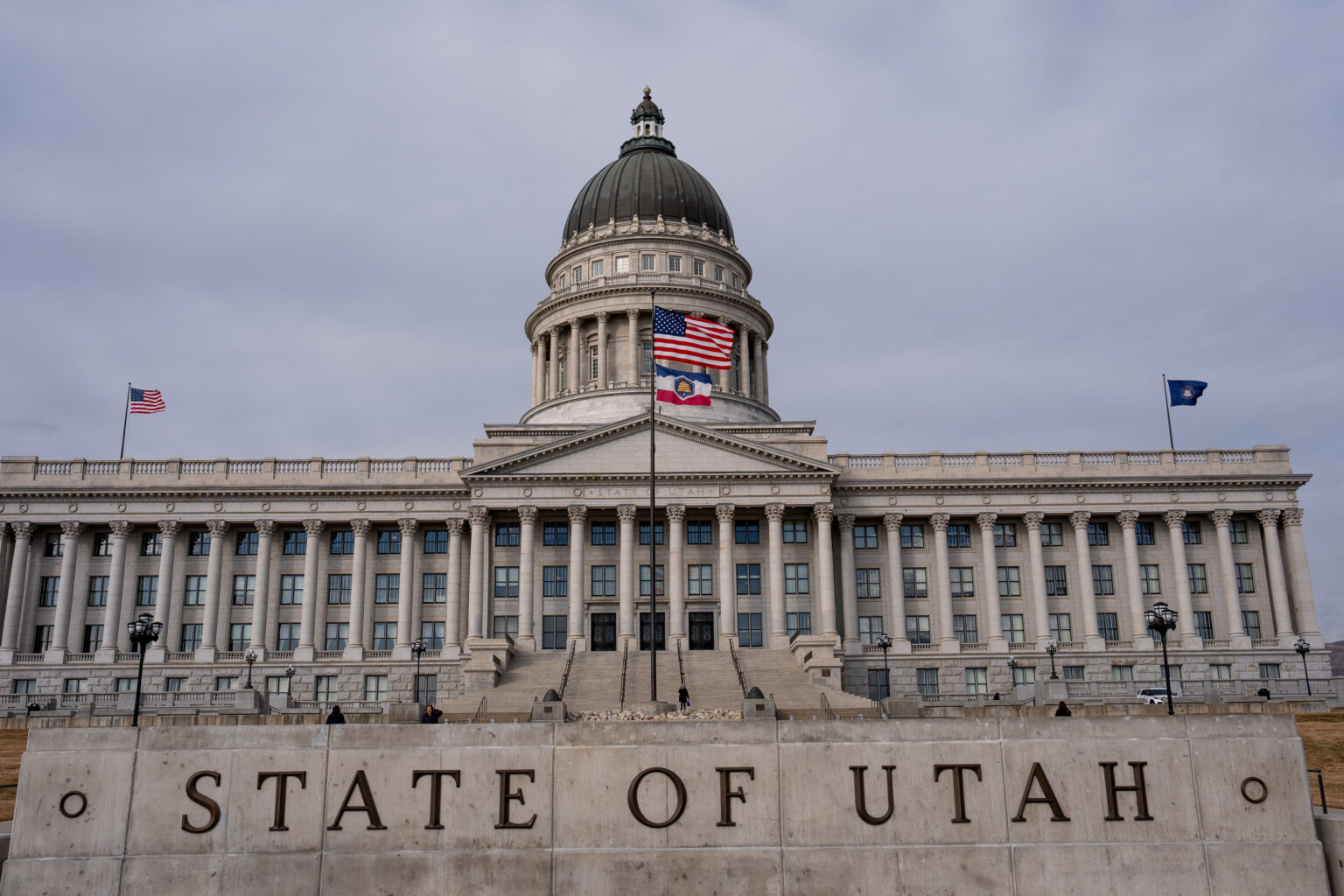California’s ABC test is proving that when it comes to the gig economy, it should not be as simple as ABC.
Members of the workforce have begun to prioritize freedom and flexibility in their work. This has led many to pursue careers as independent contractors within the gig economy. These individuals perform a wide variety of jobs that range from graphic design to driving for a popular ride-share app.
With over 36% of the population working a gig economy job, it’s easy to see that the gig economy has become essential. In fact, it’s now difficult to picture what life would be like without these workers. Without gig economy workers, there wouldn’t be an Uber, a DoorDash, an Airbnb, or even many artists.
Unfortunately, these independent contractors are being threatened by legislative efforts, like the Protecting the Right to Organize Act (PRO Act). The PRO Act would establish a new classification system for workers by redefining who is classified as an employee and making it more challenging to be considered an independent contractor.
While the PRO Act has yet to be passed into law nationally, California passed legislation that serves as the model for the new classification system outlined in the PRO Act.
California’s Assembly Bill 5 (AB 5) gathered decisions from California court rulings to create a single complicated piece of legislation. These court rulings and AB 5 established what is known as the ABC test, also used in the PRO Act, for classifying workers.
The ABC test states that an individual must be classified as an employee unless:
- “(A) the individual is free from control and direction in connection with the performance of the service, both under the contract for the performance of service and in fact
- (B) the service is performed outside the usual course of the business of the employer
- (C) the individual is customarily engaged in an independently established trade, occupation, profession, or business of the same nature as that involved in the service performed.”
In order to be considered an independent contractor and not an employee, one must meet all three elements.
Many gig economy jobs, however, do not set themselves up to meet all three requirements. Take, for example, an Uber driver. This driver could no longer be classified as an independent contractor as they would fail to meet item (B).
Due to unreasonable requirements in this classification system, almost immediately after being passed, this legislation began to destroy the livelihoods of thousands of workers.
Under AB 5, for every new person that becomes classified as an employee (or that a business fails to recognize as an independent contractor), the business must now pay social security taxes, payroll taxes, state employment taxes, employment insurance taxes, Medicare tax, and comply with all the regulations regarding wage, hours, and working conditions.
This left many operations unable to afford the work that independent contractors provided. As a result, many independent contractors were let go, and many vital jobs were left unfilled.
This is exactly what happened when Vice, an online publisher, made headlines announcing that it would no longer be using freelance writers or content providers in California as a response to the limits and liability imposed by AB 5.
The havoc caused by AB 5 did not stop there. It even caused companies, like Uber, to threaten to pull their business from the state.
It is important to remember that this legislation doesn’t just hurt the economy and large corporations, but also normal hard-working individuals.
California Assemblyman Kevin Kiley has collected hundreds of reports that depict how these individuals are facing economic hardship because of AB 5. For example:
- Ryan: “I am the owner of a pediatric therapy company. We provide work to approximately 40 ICs who want to see a few clients in addition to their full-time jobs. This law would force me to let go of all 40 ICs as I cannot afford to pay them.”
- Jan: “I’m an older woman with two teaching credentials living in a small county who cannot find employment outside of independent contractor online teaching jobs. One company has already announced they will no longer contract with California teachers. I care for a disabled husband. I will lose my home if I cannot work for those companies.”
After seeing these devastating effects in California, Utah must not make it more challenging to be an independent contractor if it wants to continue being an economic leader. It is imperative to stand against this legislation to protect the jobs and flexibility that are loved by independent contractors in the gig economy.
If Utah, and the rest of the country, adopt legislation that misclassifies independent contractors as employees, the economy and individuals’ livelihoods will be harmed.
Ben Shelton is a policy fellow at Libertas Institute.




